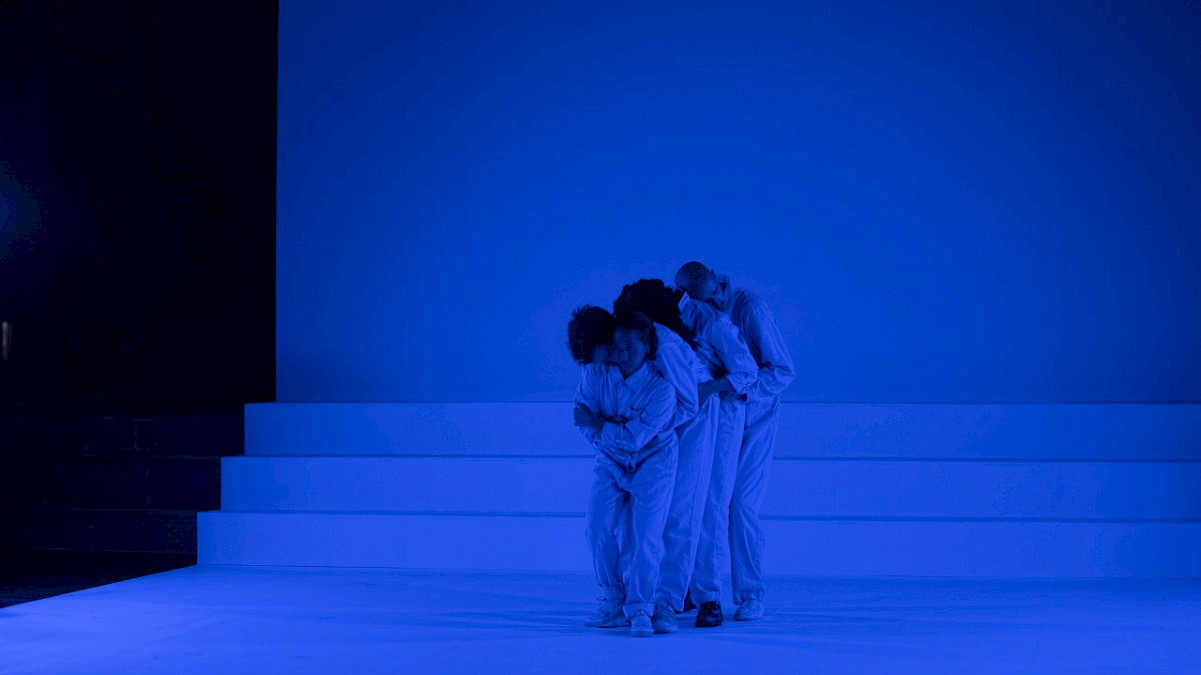The Embodied Knowledge Bureau is a space for investigating, reclaiming, and engaging the body within artistic education. Participants will dwell within an interdisciplinary community of practitioners and scholars, both in Amsterdam and internationally, who work through embodied approaches to knowledge and learning. The course will integrate movement and somatic workshops, open discussions, lectures, and film screenings that seek to mend current disciplinary blindspots and language barriers that often exist between academics and experiential experts.
Our program emerges out of a longing to mesh fields typically deemed separate — to grant access to knowledge which is too often confined to specific institutional frameworks. We believe that the body’s flesh, bone, and cellular structures archive crucial knowledge and embed both personal and collective histories which can absolutely be drawn on within artistic practice and research.
When dominant educational theories, pedagogical practices, and institutional structures omit the body, can somatic literacy serve as a tipping point for transformation? In a cultural, economic, and technological climate that increasingly addresses subjects as disembodied brains, what unique forms of expression, sense-making, and knowledge-sharing can embodied awareness uncover?
The Embodied Knowledge Bureau targets visual and spatial makers interested in exploring the impact of embodied experience on our ways of thinking, creating, and understanding our surroundings. We welcome participants at different stages of practice, movement experience, physical abilities, and a wide variety of interests. We are excited about weaving an inter-departmental community around topics which may often seem intimidating, inaccessible, or simply unaffordable.
The Embodied Knowledge Bureau firmly encourages participants to experiment with their own embodied expressions, languages, and styles. The program is designed to balance theory and experience, in order to allow participants ample space for reflection on the impact of their experiences on individual practices and interests. Throughout the year we will introduce an array of practices and techniques, as well as visual and written tools for describing and reflecting on these experiences. Together we will “read through the body,” using a sketchbook or body journal to document our insights and personal research. Selections of these materials will be published in the Embodied Learning Lexicon, an A-Z lexicon that will embody the terminologies and experiences that arise during the program.
We are excited to return after summer break with a 2-part Digestive Writing Workshop, hosted by Micaela at AnaMorphic Studio.
Meeting over two weeks will open possibilities to deepen and practice the scores within your own flow: especially for those who are currently developing a piece of text or working to frame an area of research. This will be a space for individual inquiry within a larger group process.
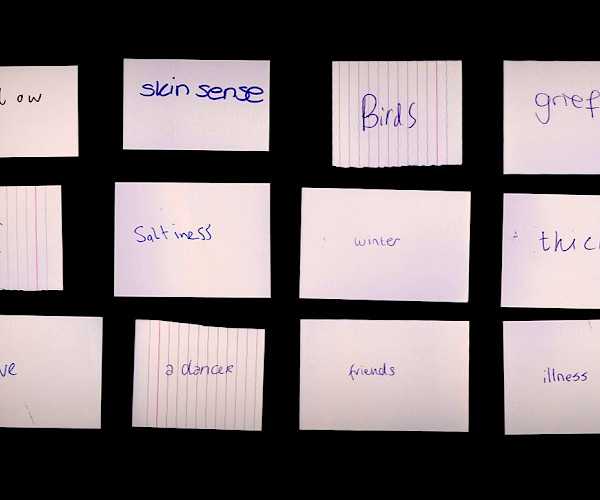
We will be hosting a temporary field school for adults and children, filled with guided sensory field trips in and around Hasselt. Together, we will explore our surroundings from multiple viewpoints.
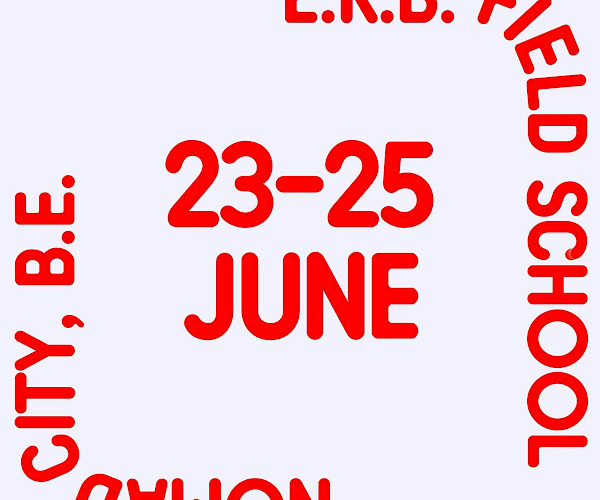
Digestive Writing Scores is wandering out of university walls and into the studio. From April, Micaela Terk will be offering two sessions each month at AnaMorphic Studio in OT301.
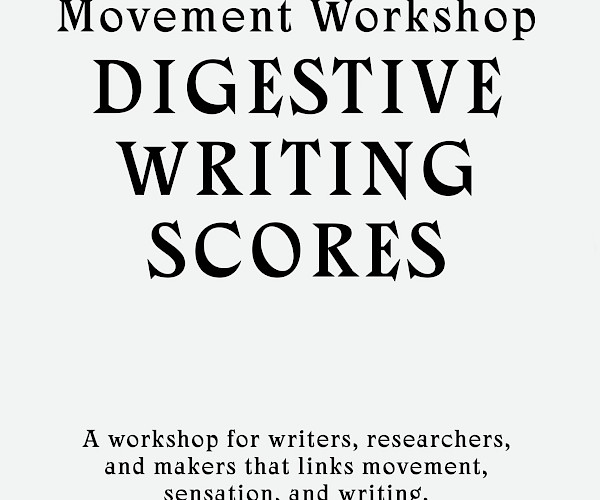
In this somatic writing workshop, we will experiment with relationships between words and knowledge. Writing through different movement scores, we will form a collective research lexicon that looks to disrupt common pathways and form new gestures. Movement will be the modus operandi in our choreographic exploration of learning environments.
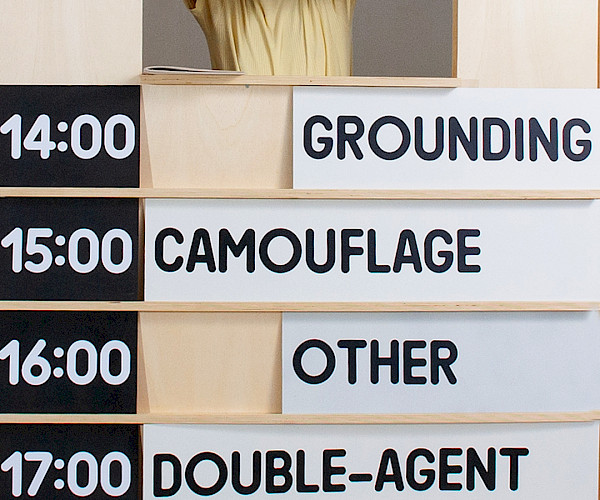
This session will focus on corporeal literacy: what it might be, how to theorize it, and what it may help to understand.
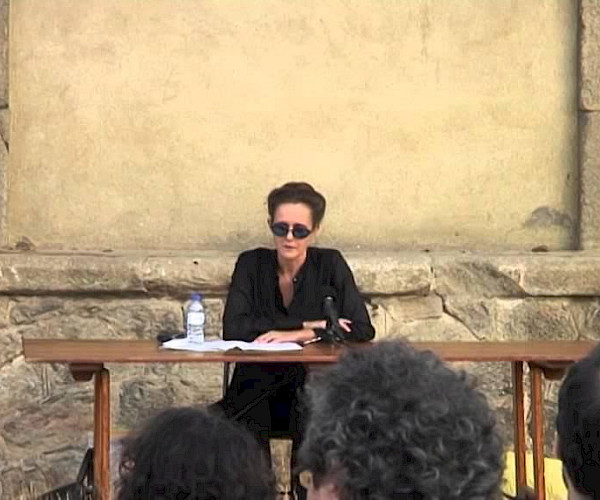
Have you ever noticed your own pace while moving? In this workshop we will be focusing on slow body movement, as guided by voice-over instruction and video. The session is divided in a variety of sections, in which I will encourage executing different actions involving balance, focus and collaboration. The workshop is constructed as an open playground/game and is a part of a bigger project I am currently developing.
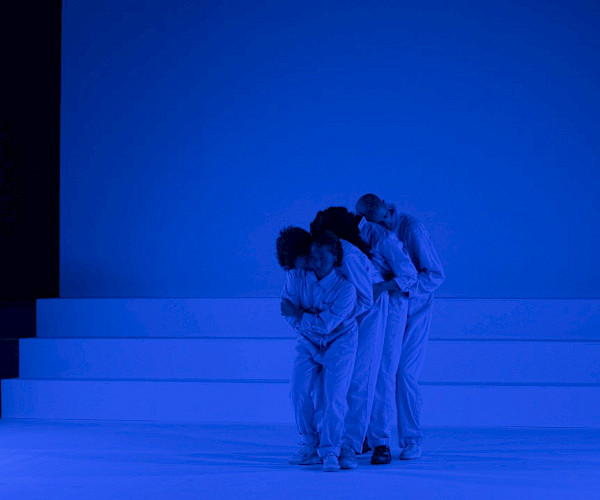
14:30 – 17:30 @ FL101
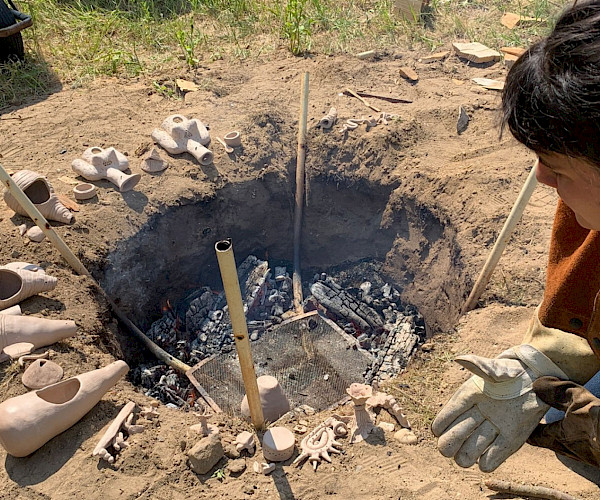
14:30-17:30 @ FL101 — The Pantarei method is shaped around the innate human qualities of empathy, touch, and communication — grounded in a need for connection and a powerful capacity for self-healing. In this one hour skillshare workshop, we’ll explore some fun and effective ways to get (re)connected to individual strengths and abilities through bodily awareness. We will work through a combination of touch and verbal communication, as powerful tools for tuning into desires, knowledge, and creativity, exploring how these tools can help towards personal expression and interpersonal communication.
Please wear something comfortable that you can easily move in, ideally clothing which are not too tight or thick-layered so that others can touch you and you can touch others.
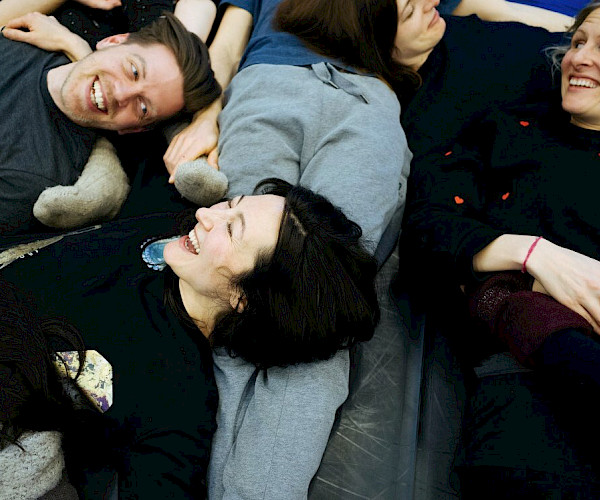
A lecture/workshop on seeing and the body as a cognitive tool.
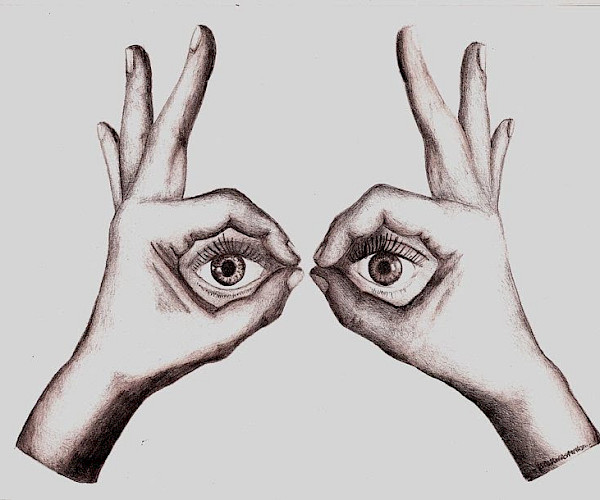
As part of W139 hosts… the Embodied Knowledge Bureau invites you to a night session at W139, around Jack Walsh’s documentary film, Feelings Are Facts: The Life of Yvonne Rainer.
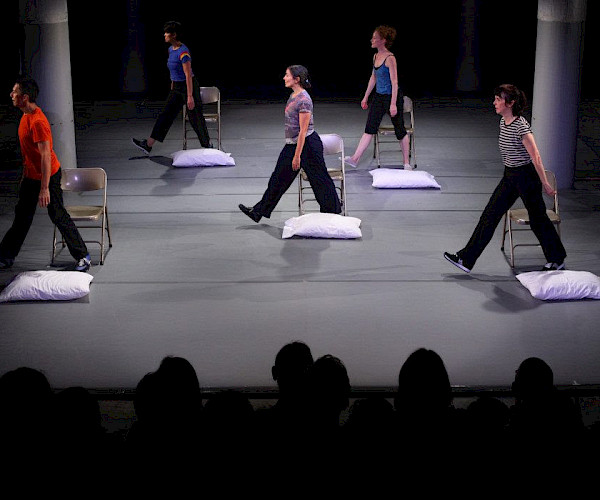
14:30 – 17:30
Theory Room 1
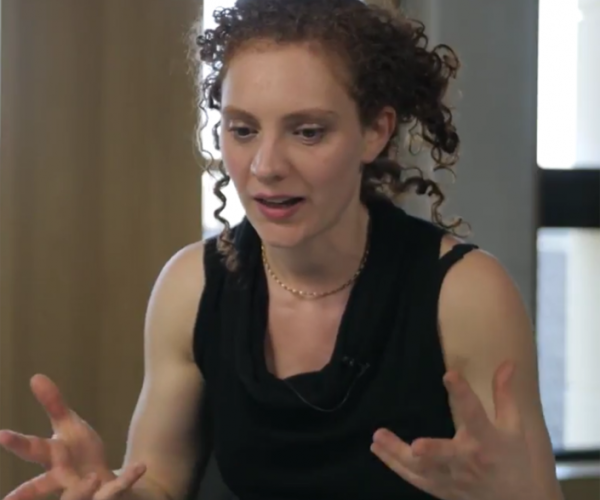
10:00-17:30 in FedLev 101
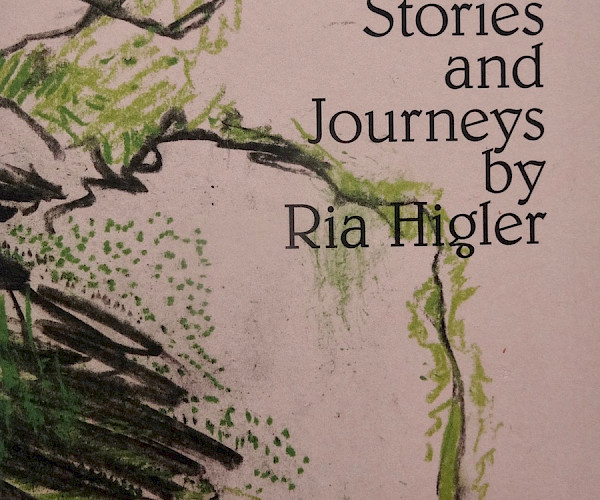
Movement workshop with Aitana Cordero: Aequilibria
Friday, January 14 / 14:00-19:00*
Where: Zoom (link will be provided closer to date)
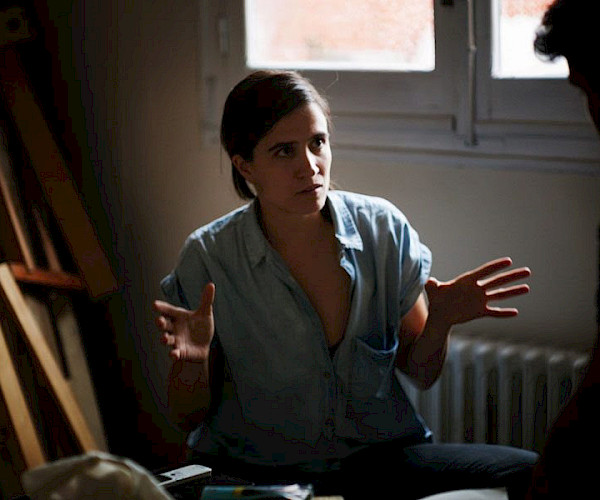
This will be a hybrid event, limited to up to 30 physical participants.
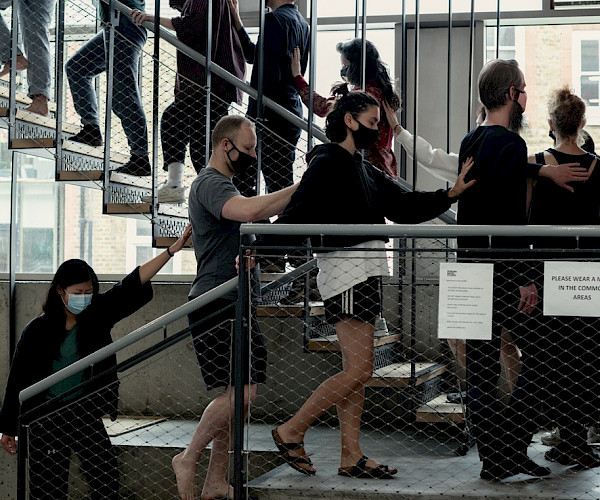
14:30 location TBA
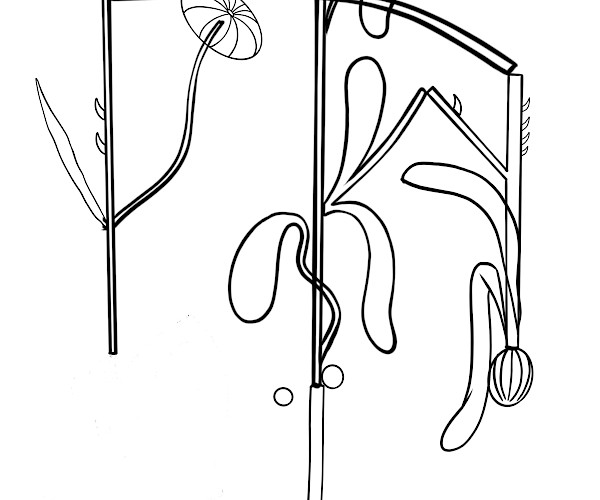
In this class we explore the different flavours of our energetic body. Exploring how it is connected to our physical, emotional, mental and subtle body. Tapping into a deeper understanding of who and what we are. Gaining the tools to flow, contain and activate more easily
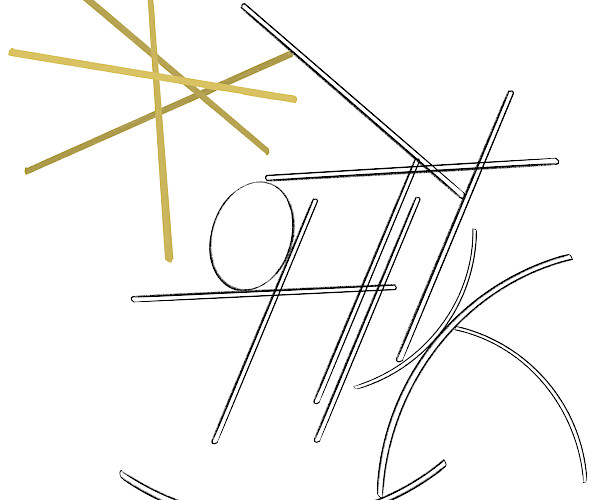
Embodying personal space, interpersonal space, social space & shifting in between
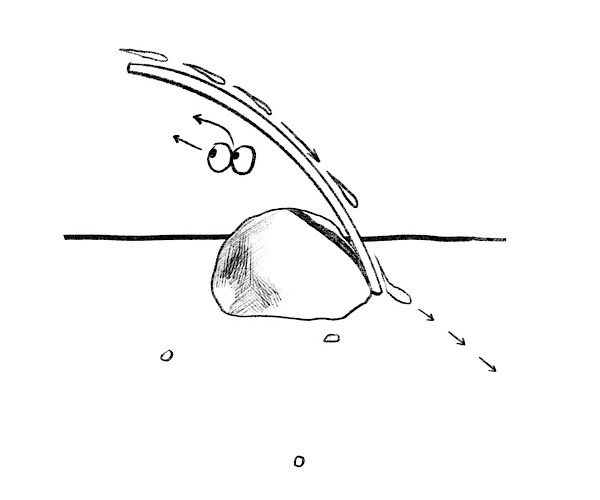
Time: 14:30–17:30
Location: BC 416
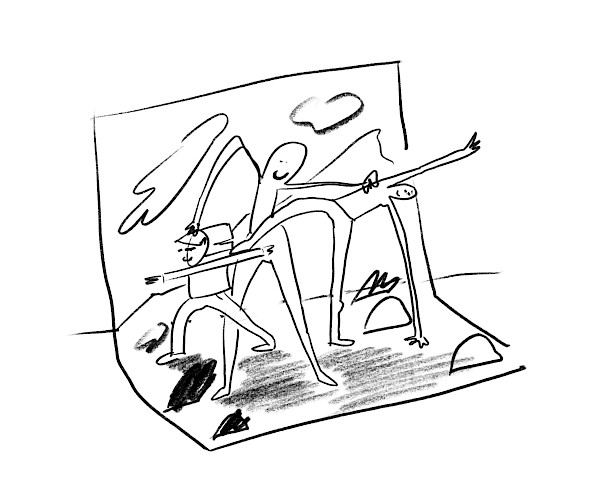
Join us on Friday, October 15 from 14:30-17:30 in FL101 (above the theory stairs) for a welcome session, where we will introduce the program and answer any questions about expectations, applications, attendance, etc. If time allows, we will experiment with some of the basic terms and concepts that will accompany the course.
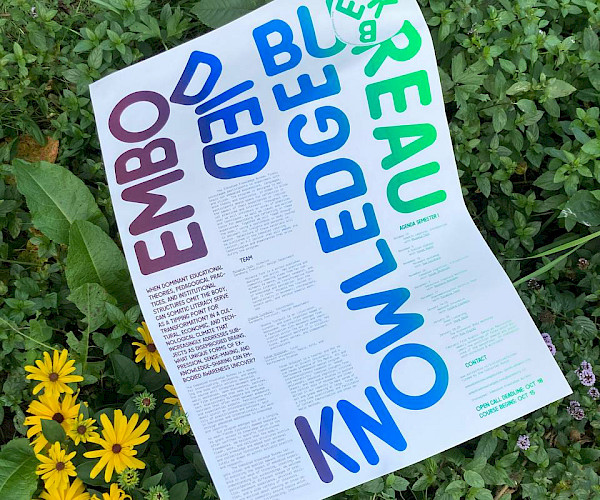
The Embodied Knowledge Bureau is a space for investigating, reclaiming, and engaging the body within artistic education. Participants will dwell within an interdisciplinary community of practitioners and scholars, both in Amsterdam and internationally, who work through embodied approaches to knowledge and learning. The extraintra platform will integrate movement and somatic workshops, open discussions, lectures, and film screenings that seek to mend current disciplinary blindspots and language barriers that often exist between academics and experiential experts.
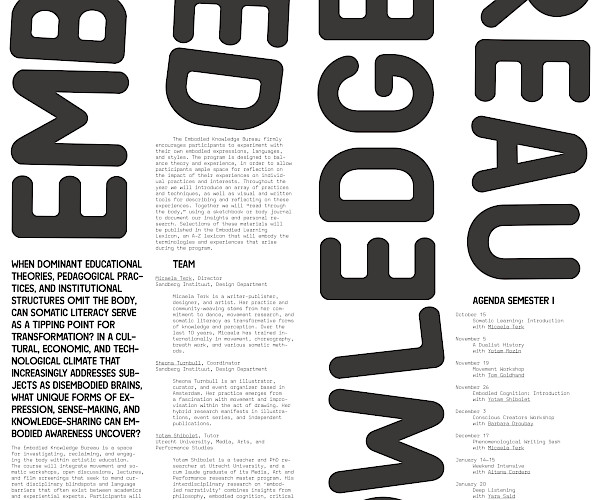
Micaela Terk (Sandberg Instituut, Design Department)
Sheona Turnbull (Sandberg Instituut, Design Department)
Yotam Shibolet (PhD Researcher & Lecturer at Utrecht University, Department of Media and Culture)
2021
https://www.instagram.com/embodiedknowledgebureau/ & https://embodiedknowledgebureau.goodbyebooks.org/
Have you ever noticed your own pace while moving? In this workshop we will be focusing on slow body movement, as guided by voice-over instruction and video. The session is divided in a variety of sections, in which I will encourage executing different actions involving balance, focus and collaboration. The workshop is constructed as an open playground/game and is a part of a bigger project I am currently developing.
14:30-17:30 @ The Gym
About Mylan
Mylan is a Dutch performance artist. His work stems from the desire to find harmony amidst the chaos of life and centers around endurance and self-awareness. In order to safeguard the element of play within a score, Hoezen constructs his performances in alignment with the fundamentals of a game, by creating a space with its own rules, time frame and appointed players. Researching the common power structures between performer and spectator, he assigns the audience members specific roles and focuses on their position within the work. As audience members are assigned different roles such as instructor, performer, or observer; their involvement transforms in the process from passive to active — further activating the work.
